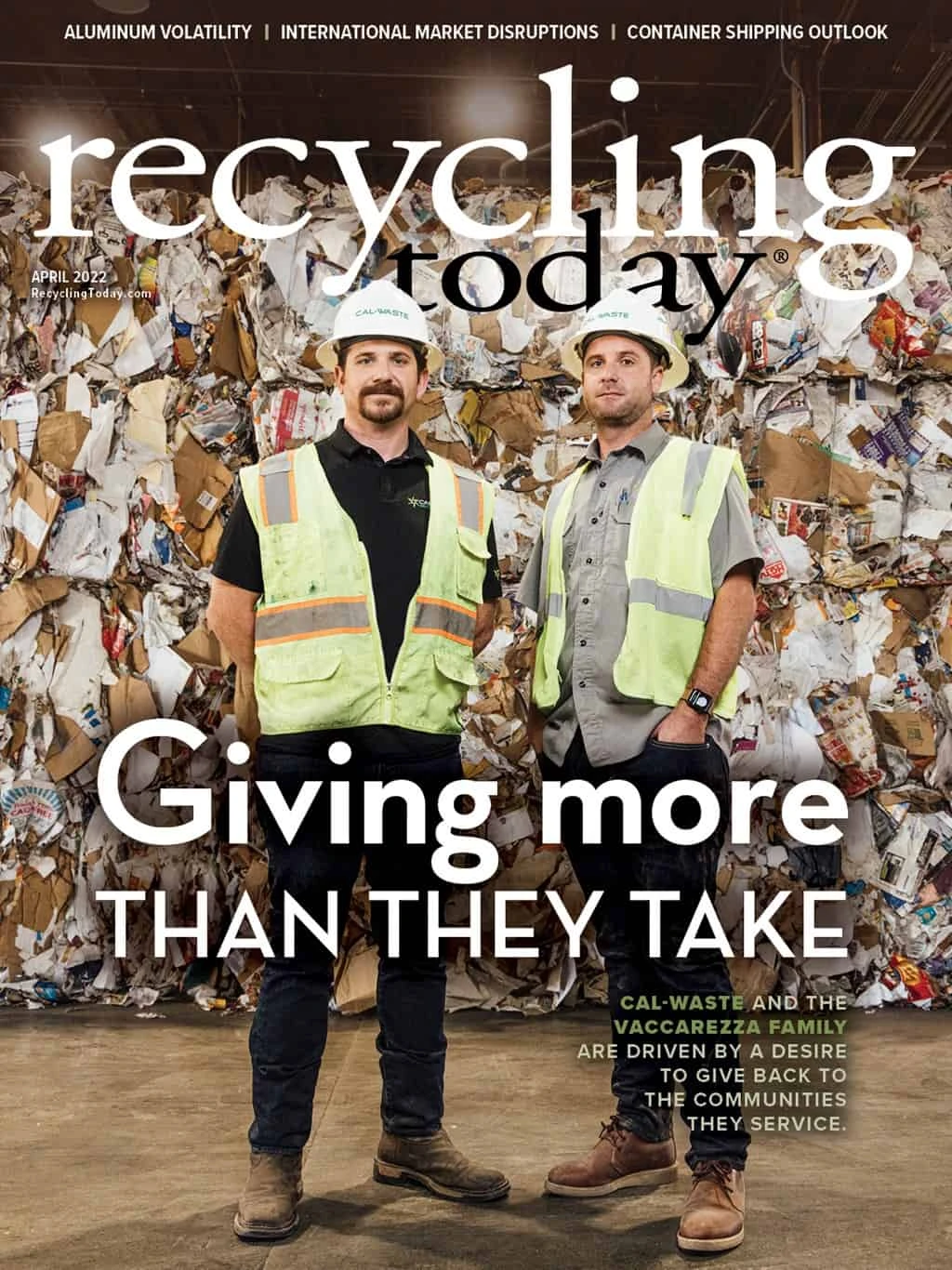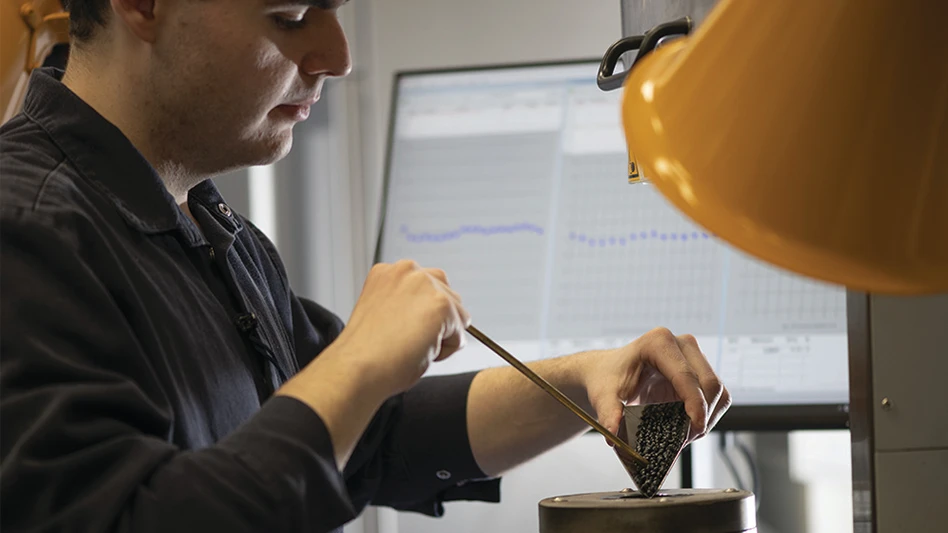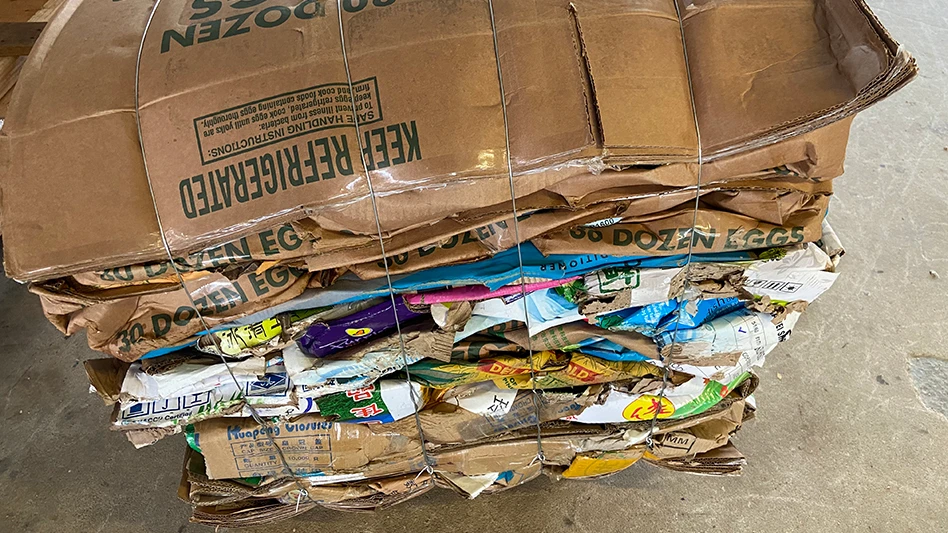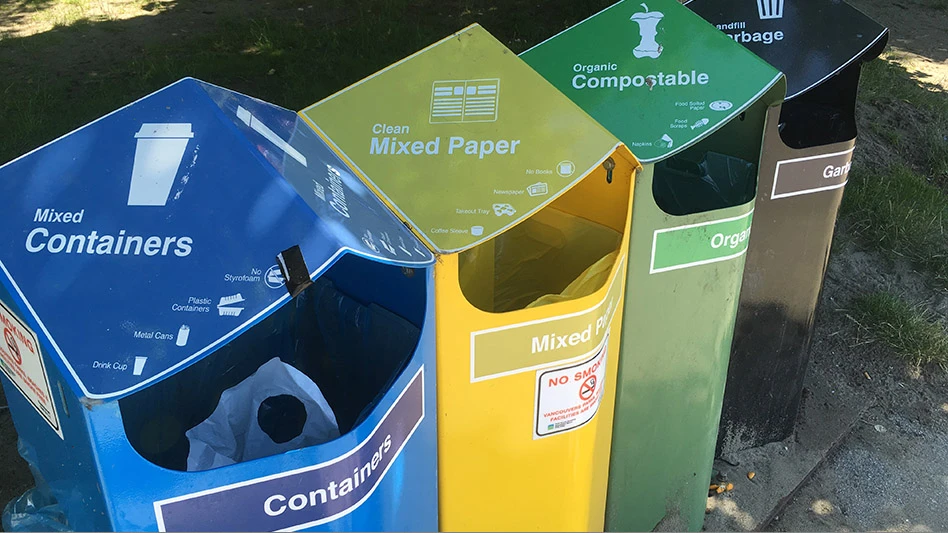
Harris expands manufacturing capabilities
Harris, a division of Upland, Indiana-based Avis Industrial Corp. that manufacturers equipment for the recycling industry, has announced the expansion of the machine shop at the company’s Cordele, Georgia, manufacturing complex.
The expansion involved the construction of a new machine building, adjacent to the current machine shop, with more than 14,000 square feet of production and training space. The expanded capacity will house CNC machining centers for turning, milling, drilling and shaping. It also will provide a central meeting and training space for the nearly 150 employees on the Cordele campus.
Harris‘ Cordele manufacturing complex is a 130-year-old, 22-acre facility served by direct rail access. The site encompasses facilities for fabricating, machining, cylinder manufacturing and assembly of Harris’ largest balers and shears, as well as the Harris TransPak units.
“Harris is the only supplier in the industry that manufactures their units ‘from the steel up’ and performs all of that work in the U.S.,” says company President D.J. Van Deusen. “Our renowned design and construction builds machines that operate over generations, and the hydraulics systems at the heart of our machines are what make them fast, productive and efficient.”
Van Deusen continues, “We are thrilled to provide an upgraded environment for our skilled machinists, excited about the efficiency gains the new layout will provide and proud to be making this substantial investment at home in Cordele and Crisp County, Georgia.”
Harris manufactures a complete line of shears, balers and shredders that are used in material recovery facilities; scrap paper recycling; scrap paper handling at printers, converters and other scrap generators; ferrous and nonferrous scrap metal processing; and municipal solid waste processing.
In addition to Harris, the Avis Industrial companies American Baler of Bellevue, Ohio, and Sellick Equipment Ltd. of Ontario supply the recycling industry with equipment and services.

Machinex partners with Pratt Industries for MRF upgrades
Machinex, Plessisville, Quebec, has announced the completion of upgrades at two single-stream material recovery facilities (MRFs) in Fayetteville, North Carolina, and Duncan, South Carolina. These two projects resulted from a collaboration with Pratt Industries, Atlanta, according to the systems provider.
According to a news release from Machinex, upgrades started in June 2021 at the Duncan location. This single-stream system needed to replace its rubber disc polishing screen and increase throughput capacity without adding additional sorters to handle roughly 15,000 tons of recyclables per year. The system was redesigned to sort materials from curbside collection using equipment such as a Mach Ballistic separator and two Mach Hyspec optical sorters to sort fiber, polyethylene terephthalate (PET) and high-density polyethylene (HDPE).
The upgrade was completed in August 2021. Pratt wanted to recover more HDPE and PET with the upgrade, which also involved adding a quality control station on its aluminum line to recover used beverage cans. The upgraded system includes a Mach Ballistic separator, two Mach Hyspec optical sorters to eject PET, 3D fiber and mixed paper. It is designed to process 20,000 tons of material annually. The upgrade aims to improve uptime, recovery and capacity at the MRF.
“Machinex worked very closely with our team to ensure that the design and components of the upgrades accomplished our objectives,” says Kurt Schmitz Sr., vice president of Pratt Recycling.
Get curated news on YOUR industry.
Enter your email to receive our newsletters.

Explore the April 2022 Issue
Check out more from this issue and find your next story to read.
Latest from Recycling Today
- Commentary: How EPR is transforming the packaging industry
- Acerinox names new North American Stainless CEO
- Greenwave closes 2024 books with red ink
- Steel Dynamics nets $217M on record shipments
- Massive Chinese steelmaking rebound recorded in March
- LME looks into sustainable metal pricing
- OnePlanet Solar Recycling closes $7M seed financing round
- AMCS launches AMCS Platform Spring 2025 update





